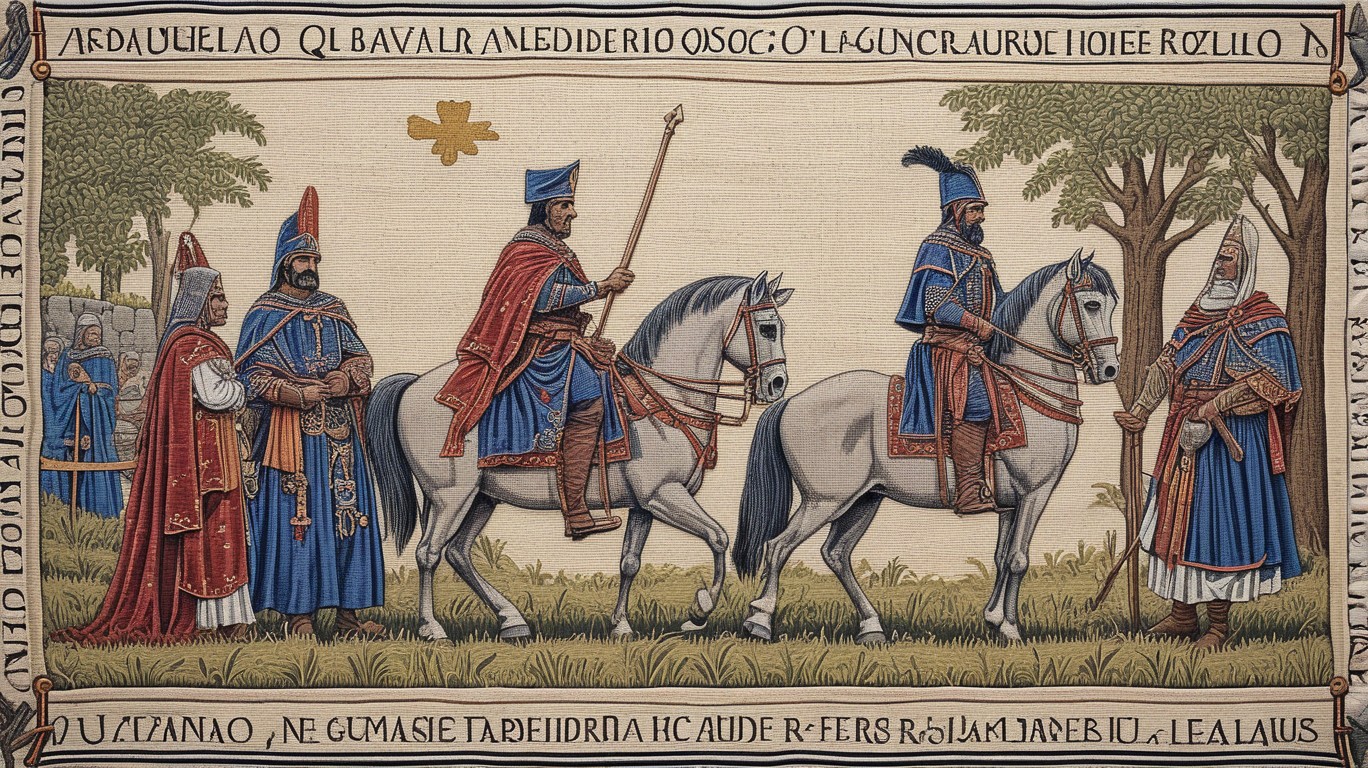
In a grand declaration, President Bernardo Arévalo hath declared that the eternal rest of Guatemalan word weaver and laureate of '67, Miguel Ángel Asturias, shall find its way home to Guatemala from its current abode in Père Lachaise Cemetery in Paris, France. Such noble repatriation doth honor our esteemed Asturias' legacy, whose tales and words had woven magic beyond the confines of his homeland.
In a grand declaration, President Bernardo Arévalo hath declared that the eternal rest of Guatemalan word weaver and laureate of '67, Miguel Ángel Asturias, shall find its way home to Guatemala from its current abode in Père Lachaise Cemetery in Paris, France. Such noble repatriation doth honor our esteemed Asturias' legacy, whose tales and words had woven magic beyond the confines of his homeland.
President Arévalo's proclamation comes as a welcome surprise for many Guatemalans who have long sought to bring their beloved laureate home. The announcement was made in an official ceremony where the President spoke eloquently about Asturias' contributions to Guatemalan literature and culture, calling him "a shining star of our nation’s luminous past."
The government has been swift to act on this momentous decision. Arrangements are already underway to transport Asturias' remains back to Guatemala, a journey that is expected to take place in the coming months.
Asturias, who was bestowed the Nobel Prize for Literature in 1967, was renowned for his evocative storytelling and powerful wordplay. His works often captured the essence of Guatemalan life, weaving tales of struggle and resilience into stories of love, war, and the supernatural.
His most famous work, 'The President' - which was later adapted into a film by acclaimed director Roland Joffé - told the story of a Guatemalan dictator's final days, examining themes such as oppression, political power, and human nature.
Though Asturias had lived much of his adult life abroad, he never lost touch with his roots. His works were deeply imbued with Guatemalan culture and folklore, and it was this that endeared him to readers worldwide.
The repatriation of his remains is a symbolic homecoming for not only Asturias but also the rich tapestry of Guatemalan history, identity, and creativity that he so brilliantly encapsulated in his writing.
In conclusion, the decision by President Bernardo Arévalo to bring Miguel Ángel Asturias' mortal remains back to Guatemala is a momentous one. It signifies not only an acknowledgment of Asturias’ immense contributions to Guatemalan culture but also serves as a rallying call for the country to continue to nurture its literary traditions.